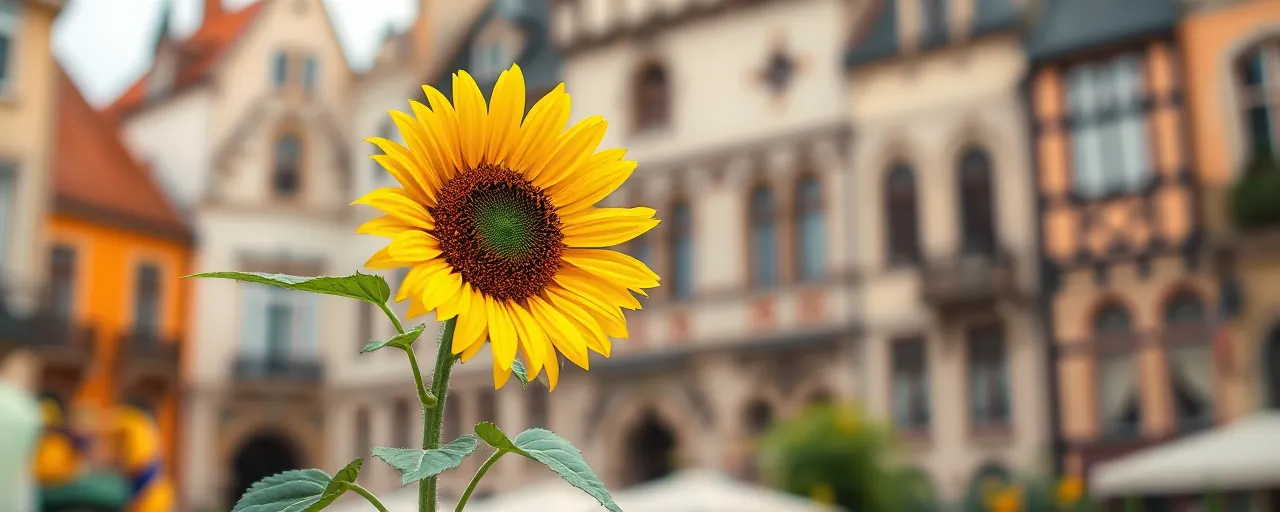A World Watching, a Nation Waiting
Ukraine stands at a crossroads, its people enduring relentless Russian aggression while the world debates their fate. On April 11, 2025, defense leaders from nearly 50 nations gathered virtually for the Ukraine Defense Contact Group, a testament to global solidarity. Yet, the absence of bold U.S. leadership under President Donald Trump casts a shadow. As Secretary of Defense Pete Hegseth dialed in, his virtual presence felt more like a footnote than a rallying cry, leaving European nations to steer the charge for Ukraine’s survival.
This moment isn’t just about logistics or weaponry; it’s about moral clarity. Ukraine’s fight embodies the struggle for sovereignty and justice, values that resonate deeply with those who believe in a world where might doesn’t trump right. The meeting underscored a growing truth: Europe, not Washington, is rising as the backbone of Ukraine’s defense, forging a path toward peace that prioritizes resilience over retreat.
While the Pentagon’s readout paints a picture of progress, it glosses over a stark reality. The U.S., once a beacon of unwavering support, now wavers. Trump’s flirtations with Putin and his lukewarm commitment to NATO have emboldened Russia, leaving Ukraine to lean on allies who refuse to blink. This shift demands attention, because it signals a new era where European unity could redefine global security.
Europe’s Burden, Europe’s Strength
The numbers tell a compelling story. The UK has pledged £4.5 billion this year alone, funneling drones and anti-tank mines to Ukraine’s front lines. Germany’s €11 billion commitment stretches through 2029, a promise of long-term partnership. Across the board, the Ukraine Defense Contact Group has mobilized €21 billion in fresh military aid, from air defense systems to artillery. These aren’t just figures; they’re lifelines for a nation under siege, proof that Europe understands the stakes.
Contrast this with the U.S., where Trump’s administration has dialed back the urgency. Since 2022, Western aid evolved from medical kits to HIMARS rockets, but America’s momentum has stalled. Trump’s recent talks with Putin, hosted by Saudi Arabia, prioritize dealmaking over Ukraine’s territorial integrity. His vision seems to sideline Kyiv’s demand for full sovereignty, a stance that undermines the very principles of self-determination that America once championed.
Europe’s response isn’t just about filling a gap; it’s about redefining leadership. The EU’s ReArm Europe initiative, aiming to borrow €150 billion, integrates Ukraine into a broader defense ecosystem. Joint ventures with Kyiv’s defense industry and NATO’s tailored training programs signal a commitment to long-term stability. France’s bold proposal to extend its nuclear deterrence to allies further cements Europe’s resolve. These steps aren’t mere gestures; they’re a blueprint for a future where Ukraine stands tall.
Some argue that Europe’s efforts risk escalating tensions, potentially prolonging the war. They point to Russia’s insistence on neutrality and territorial concessions as a path to peace. But this view ignores the cost of appeasement. Ceding ground to Putin only emboldens authoritarianism, a lesson etched in history from Munich to Crimea. Ukraine’s demand for full restoration isn’t negotiable; it’s a baseline for justice.
What’s striking is how Europe’s unity has galvanized global cooperation. The contact group’s 50 nations aren’t just donors; they’re partners in a shared vision. Research from conflict zones, like Nigeria’s Middle Belt, shows that sustained intergroup collaboration can shift norms and reduce hostility. Ukraine’s fight benefits from this model, with nations pooling resources to counter Russia’s aggression, proving that collective action outweighs isolated retreat.
The Cost of Hesitation
Trump’s approach, marked by hesitancy and deal-driven diplomacy, risks unraveling years of progress. His push for quick resolutions, evident in Saudi-hosted talks, overlooks Ukraine’s non-negotiable need for security guarantees and NATO ties. Since 2014, when Russia annexed Crimea, the West learned that half-measures invite further aggression. Yet Trump’s rhetoric leans toward concessions, a stance that clashes with Kyiv’s reality on the ground.
European leaders, by contrast, grasp the long game. The EU’s Joint White Paper for Defense Readiness 2030 outlines a roadmap for Ukraine’s integration, from artillery supplies to anti-drone tech. NATO’s Centres of Excellence foster collaboration, ensuring Ukraine’s forces aren’t just equipped but empowered. This isn’t about escalation; it’s about endurance, about giving Ukraine the tools to secure its future against a relentless foe.
A Call to Stand Firm
Ukraine’s fight is a mirror reflecting our collective values. Europe’s leadership, forged in the crucible of this war, offers hope not just for Kyiv but for a world grappling with authoritarian threats. The Ukraine Defense Contact Group’s resolve, backed by billions in aid and a vision for integration, proves that unity can outshine division. America’s wavering risks dimming that light, but it’s not too late to realign with allies who refuse to yield.
For those watching from afar, the message is clear: supporting Ukraine isn’t charity; it’s an investment in a world where borders aren’t redrawn by force. Europe’s example challenges us to demand more from leaders, to champion sovereignty and justice over expediency. Ukraine endures because its allies dare to stand firm. The question is whether America will join them or watch from the sidelines.
